Danny and Derek welcome Michael Franczak, postdoctoral fellow at the University of Pennsylvania’s Perry World House, to discuss his book Global Inequality and American Foreign Policy in the 1970s. The conversation explores the role of the 1970s in US historiography; the Nixon, Ford, and Carter administrations’ respective responses to the food, oil, and debt crises of that decade; the New International Economic Order (NIEO); figures like Earl Butz, Henry Kissinger, and Daniel Patrick Moynihan; and more.
Grab a copy of Dr. Franczak’s book here!

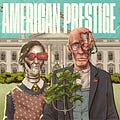
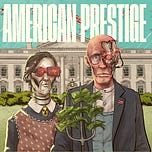



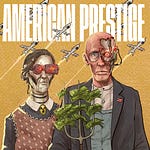
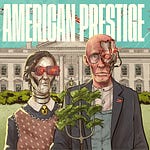
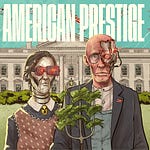


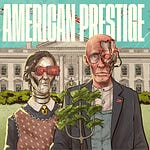
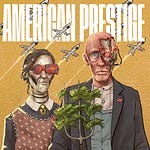
E56 - Global Inequality and American Foreign Policy in the 1970s w/ Michael Franczak